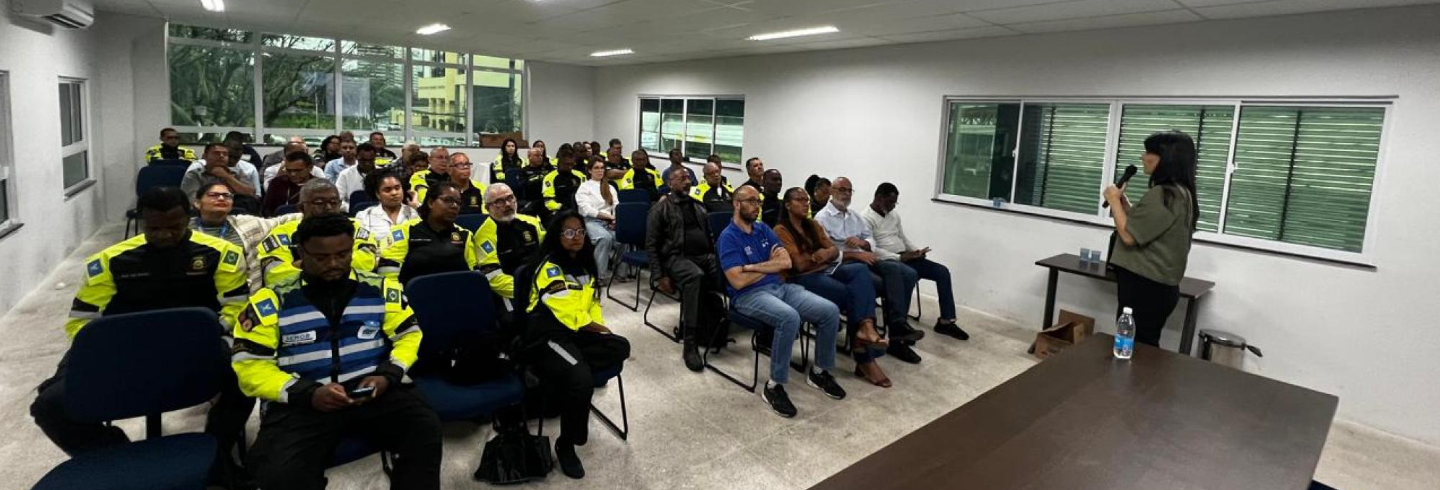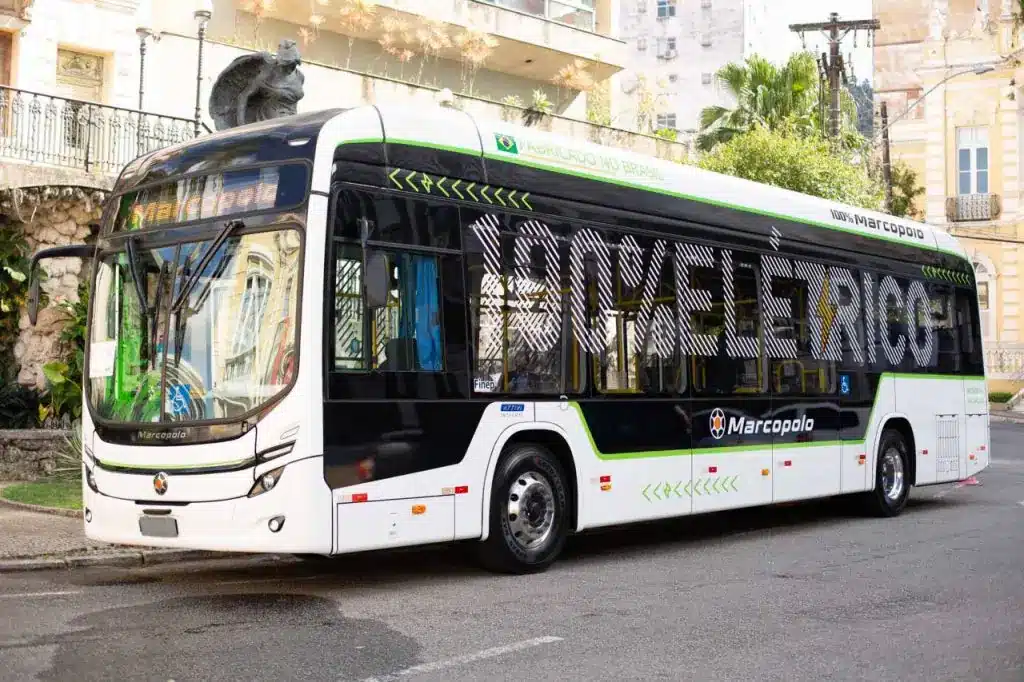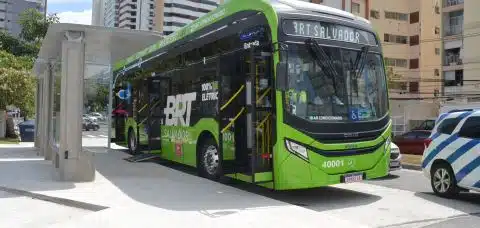Funded by the German Ministry for Economic Cooperation and Development (BMZ), a core group of organizations such as C40 Cities, Deutsche Gesellschaft für Internationale Zusammenarbeit (GIZ), The International Council on Clean Transportation (ICCT), The Institute for Transportation and Development Policy (ITDP), ICLEI – Local Governments for Sustainability, The International Association of Public Transport (UITP) and World Resource Institute (WRI) work together to accelerate the transition to electric buses in the Global South.
The TUMI E-Bus Mission is leading the charge towards a sustainable urban transport future by fostering global and city-specific coalition-building. With a focus on 20 deep dive cities and inspiring 100 more, the mission is providing roadmaps and technical assistance to support their transition to e-bus fleets. By bringing together private and public sector partners, a global community is being established to drive this important transformation towards cleaner, greener, and more livable cities.






































